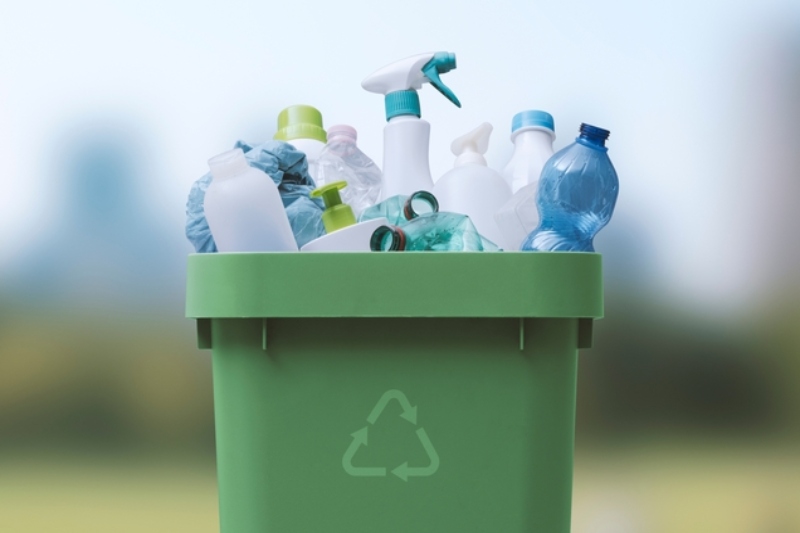Lee Marshall, policy and external affairs director, CIWM looks at the Government’s recycling reforms and what they mean for local authorities.


In October, after two years of waiting, the Government finally released its response to the 2021 consultation on consistent collections, now rebadged as ‘simpler recycling’. It was the final piece in the collection and packaging reforms jigsaw following on from announcements on the deposit return scheme (DRS) and extended producer responsibility for packaging (EPR). So now we have details on all three, what are the implications for local authorities, and others, and do we now have a clear way forward for waste services in the UK?
The simpler recycling announcements have provided clarity on the core set of materials that need to be collected from households and businesses and when these collections need to be implemented by. For businesses waste collection for the core set need to be in place by March 2025 and for households it is March 2026. Plastic film collections then need to be in place by March 2027.
That gives just under 18 months to mobilise all the relevant business waste collections and 2.5 years to make the changes on the household waste side. In theory that sounds like plenty of time, but approximately 50% of councils do not collect food waste so that means that half of collection authorities will have to go through some sort of service change. If they determine the most cost-effective way to do this is to collect food and dry recycling on a multi compartment vehicle, then that becomes a complete service change. Whether they are in house or outsourced, that means a completely new recycling fleet.
Whilst not all those local authorities are likely to go to market at the same time, there will still be more going to market at the same time than would normally be expected. How are suppliers going to cope with this extra demand, that in theory is going to be relatively short lived and not likely to occur again? Maybe a more fundamental question is: Can suppliers cope with this expected extra demand? It has been a question that has been asked since these proposals were aired in the first consultation back in 2019.
WRAP have done a lot of work on market engagement to try and help smooth out potential supply issues and they also did a mapping exercise of when they expected local authorities to have to procure services or vehicles. The trouble is that there has been a two-year delay in the Government unveiling plans and in that time there will be local authorities that have extended contract terms or kept hold of vehicles past their normal renewal date. This might contribute to a procurement log jam.
Orders can ultimately be met, but it may be that delivery times are increased. However, in an effort to win a tender there is always a desire to give the customer what they want and so it is a brave company that says in its tender submission that it can fulfil all the criteria apart from delivery times. But quoting delivery times that are likely to be undeliverable could then be storing up problems for later that neither side wants. All this raises the unanswered question of what penalties a local authority may face if they plan and intend to be compliant with simpler recycling requirements by the deadline, but then miss it due to supply chain issues?
Equally local authorities need to look at their procurement process to ensure they give themselves, and bidders, suitable time. This may involve building in longer delivery timelines than they would normally, interim/transition arrangements or maybe phased delivery and service changes. All of these generate their own issues and problems but may be less painful in the longer term.
For now, there is probably enough information from Government for local authorities to do some preparatory work ahead of procurement, such as options appraisals on future collection systems. There is still a key question of the size of payments from the Government to cover food waste collections and EPR to cover the packaging collections. These will impact final decisions on collection methods, but it shouldn’t hold up the options work.
So, while we have more clarity with the latest announcement on simpler recycling, it probably won’t signal the starting gun being fired. Hopefully it may be enough for some local authorities to go to market, which would ease the rush when it does come. Either way, whether letting or bidding for contracts, the next couple of years are going to be very busy.
Sign up here to receive our free weekly news bulletin and quarterly e-book.